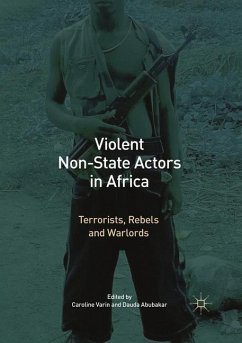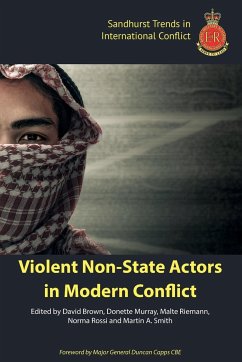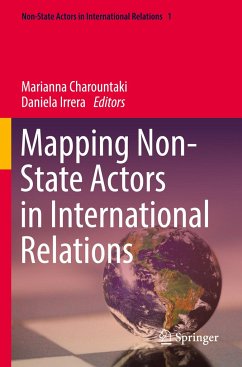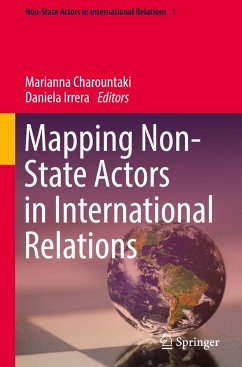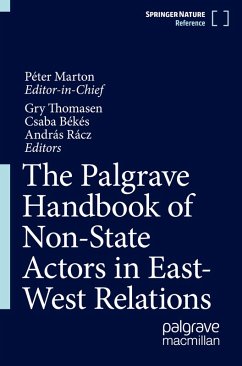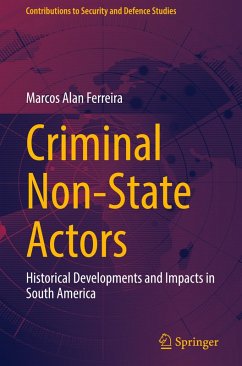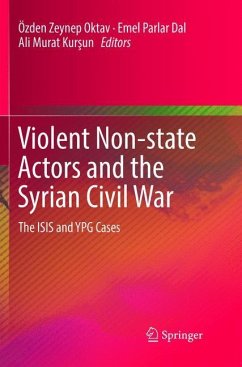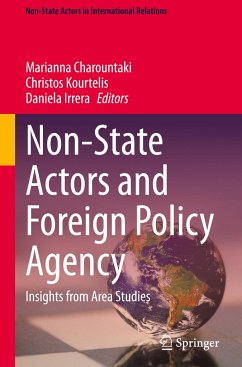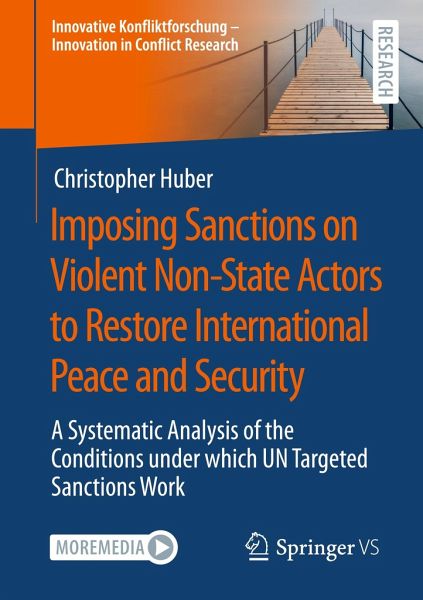
Imposing Sanctions on Violent Non-State Actors to Restore International Peace and Security
A Systematic Analysis of the Conditions under which UN Targeted Sanctions Work

PAYBACK Punkte
34 °P sammeln!
In the last decades, violent non-state actors (VNSAs) such as rebel and terrorist organizations have proved their capacity to break international law. The international community, particularly the United Nations (UN), has reacted to this development by redirecting its conflict resolution efforts to these non-state entities. This has turned targeted sanctions into one of the most vital and indispensable foreign policy tools available to the UN Security Council in combating terrorism and contributing to the peaceful resolution of (intra-state) conflicts. Despite the UN Security Council's growing...
In the last decades, violent non-state actors (VNSAs) such as rebel and terrorist organizations have proved their capacity to break international law. The international community, particularly the United Nations (UN), has reacted to this development by redirecting its conflict resolution efforts to these non-state entities. This has turned targeted sanctions into one of the most vital and indispensable foreign policy tools available to the UN Security Council in combating terrorism and contributing to the peaceful resolution of (intra-state) conflicts. Despite the UN Security Council's growing tendency to sanction VNSAs, there has been little research analyzing the effects of UN targeted sanctions on these non-government actors. This book seeks to fill this gap and shifts the focus on non-state actors by ascertaining the general mechanisms through and conditions under which UN targeted sanctions imposed on VNSAs tend to be effective. The tripartite empirical analysis combining quantitative and qualitative research methods demonstrates that the state-centric understanding of how sanctions work is not simply applicable to the effective sanctioning of violent non-state actors such as rebel and terrorist movements.



